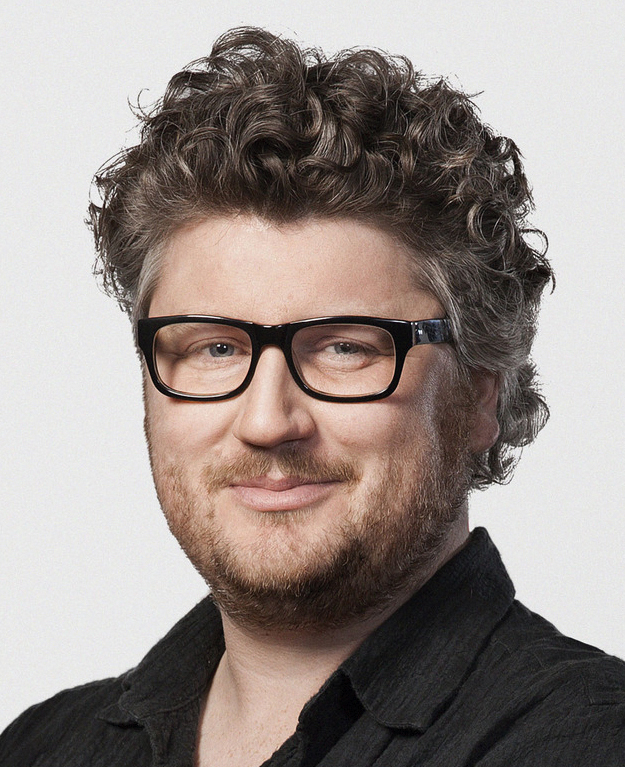It’s one of the greatest scientific chicken-and-egg questions out there, and there’s no definitive answer in sight: which came first, music or language?
Was music the primordial sonic soup out of which the infinite variety of human-made languages emerged – so music wins? Or is language the root of our success as a species, in which case music-making is a subset of linguistic competence, and language is the winner?
Did the animal kingdom have a part to play?
With these philosophical holy grails at stake, celebrated thinkers have devoted time and energy to these dilemmas. Jean-Jacques Rousseau and Charles Darwin imagined language emerging from the music-like sounds of the animal kingdom, so that our communicative universe came from a pre-linguistic biosphere of music-making.
That explains music’s hold over our emotions, independent of its having to mean anything concrete in the world of our ancestors, such as ‘that tiger’s coming to get you!’ or ‘the prospect of entering into the transaction of genetic material with you is quite appealing!’
Is music mere 'auditory cheesecake'?
Yet love and fear can be expressed by both mediums. Music-like sounds get to our emotions and prelapsarian instincts faster, whereas language engages our intellects. But for the evolutionary psychologist Steven Pinker, music is mere ‘auditory cheesecake’, an entertaining but evolutionarily useless byproduct of human sensation.
Still, it’s that interzone between music and language – ‘musilanguage’ as scientists call it – that’s the most promising area of recent thinking. The anthropologist and archaeologist Steven Mithen further developed the concept in his powerful 2005 book The Singing Neanderthals: The Origins of Music, Language, Mind and Body.
His work shows that hard-and-fast separation is an unhelpful distinction. When we talk, we create emotional expression as well as communicating concepts, and when we sing or play, we can also communicate real-world phenomena through our music-making.
For proof, think of the way that you communicated with the children in your life when they were small, those contours of soothing melodies and speak-singing that are called ‘infant-directed speech’. It’s a way of communicating that’s both full of meaning – and full of music.
Musilanguage - the closest we've got to an answer?
Mithen thinks this is a contender for what a primeval musilanguage in our hominid ancestors might have sounded like. More than that, he proposes that our use of this kind of musilanguage was what bonded us together as ancestral societies, and that it’s through those bonds that our languages, our brains, and ultimately our civilisations evolved.
What came first, music or language? Both – and neither. Musilanguage is what underlies them, before our brains separated. Let’s put them back together. We’re all musilinguists, and we always have been.
Illustration by Maria Corte Maidagan
